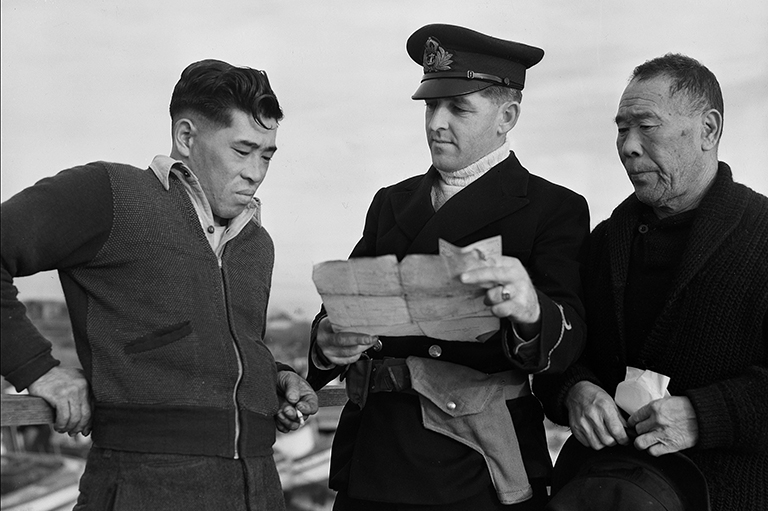Sharing Knowledge Through Stories
Truth Before Reconciliation: Listening to Survivors Canada’s National History Society with the National Centre for Truth and Reconciliation |
| This lesson corresponds with the poem “For My Nieces,” by Makayla Webkamigad, on page 6 of the publication Truth Before Reconciliation: Listening to Survivors. This lesson explores the importance of listening to stories, the issues of appropriation of Indigenous stories, and the protocols around telling a story. Students will have an opportunity to explore and tell some Indigenous stories in a respectful way. In this lesson students will:
|
Background Information |
| For Indigenous Peoples, stories have been a way of building relationships with all things since time immemorial. The themes within the stories inform Indigenous people about their cultural ways of being, their values, and how to live in a good way within the world. Stories educate the mind, body, and spirit. Stories are sacred and living processes that are passed from generation to generation. Stories can also be lived experiences with many being closer to the present, like the stories of Residential School Survivors. It is important to keep cultural and emotional safety in mind when sharing some of the sensitive stories of Indigenous Peoples. Cultural safety is an approach that considers how social, cultural, and historical contexts and interpersonal power imbalances have existed and continue to shape educational experiences. It is important to demonstrate respect and be aware of stereotypes or misconceptions. Indigenous students should not be called upon to speak but rather should choose on their own whether they wish to share their knowledges and experiences. Allow students safe spaces if the stories are too sensitive for them. |
Lesson |
|
Extensions |
|
Conclusion |
| There are many books by Indigenous authors that tell the stories of such things as land, people, language, relationship, and respect as well as colonial issues such as the history and effects of Residential Schools. When we speak about Truth and Reconciliation, much of the “truth” can be learned through these storytellers. It is by listening and learning that students can find understanding in their own journeys towards reconciliation. |
Themes associated with this article
Advertisement








